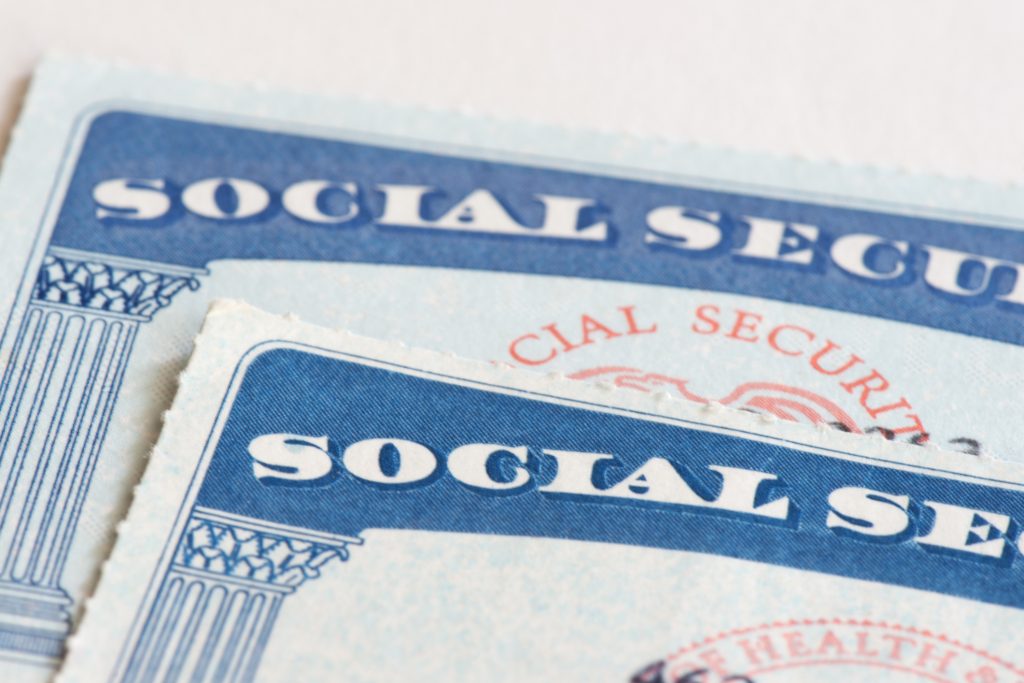Most of us are not independently wealthy, so if we’re on the ball, we’re busy saving and investing in order to build nest eggs to support us in retirement. Many people are shooting to retire with $1 million, while others suspect that $1 million won’t be enough and are shooting for, say, $2 million.
How much money do you need to retire with? Well, the answer is a bit different for each of us, but here’s a shocker; noted financial guru Suze Orman has said that a $2 million nest egg is essentially chump change. “Two million is nothing. It’s nothing. It’s pennies in today’s world, to tell you the truth.”
Start Your Mornings Smarter! Wake up with Breakfast news in your inbox every market day. Sign Up For Free »
Yikes!

Image source: Getty Images.
Suze Orman’s reasoning: Is she right?
Orman’s comments on this topic have been widely shared — and criticized. They stem from a 2018 interview on the “Affordable Anything Podcast.” One of the main takeaways from the interview is that she really hates the “Financial Independence, Retire Early (FIRE)” strategy. (Note that there’s also a “FATFIRE” strategy.)
Folks fired up about FIRE are aiming to retire early by living extremely frugally while saving and investing as much as they can. It’s certainly an admirable goal, and depending on how much you amass before retiring, it can be a risky move or a no-brainer move.
Why does Orman hate FIRE? Here are her own words:
Listen, everybody. I know you want to retire at 25, at 30, and 35, but here, the problem as I speak to you at 67 years of age, approaching 70, as you get older, things happen. Not only do things happen as you get older, things happen when you are younger. You’re hit by a car, you fall down on the ice, you get sick, you get cancer, things happen. If … you only have a few hundred thousand dollars, or a million, or $2 million, I’m here to tell you … if a catastrophe happens, if something goes wrong, what are you going to do?
Those are truly fair points, because catastrophes do happen, and some catastrophes are expensive. It’s no secret, for example, that healthcare is costly. (There are ways to save on healthcare in retirement.) A new roof, a new transmission, a few months of unemployment — these can all deal a big blow to your finances. Having an emergency fund can protect you in many circumstances, but it’s worth taking some time to think about how you’d deal with prolonged higher-than-expected expenses in retirement before you think about retiring early.
Here are some more scary words from Orman:
Artificial intelligence [AI] is coming in big time. Do not be surprised if by the year 2030, there’s a 25% unemployment rate. How that affects you is this: When people are no longer working because machines have replaced all of us, there is nobody paying into the tax structure. When nobody is paying into taxes, tax brackets will have no choice but to go up. There will not be the money there for Social Security, because now who’s going to be paying into the Social Security system, to take care of all the 76 million baby boomers that are all retiring? And into Medicare and to all these things? All of these programs will collapse.
While I generally agree with her thoughts in the first blurb above, this one is much more problematic. It’s all speculative. We don’t yet know how AI will change our society and lives. We don’t know that unemployment will surge or that Social Security will collapse.
So don’t count on seeing these things happen, but do note that they could. And it’s smart to have a retirement war chest that can help you deal with unexpected developments. Already, the incoming administration is not seeming pro-Social Security. And if nothing is done to bolster the Social Security, future cuts in benefits are likely.
What should you do?
If you’re starting to hyperventilate now, hold on. There are lots of steps you might take to strengthen your financial condition — and to help you amass the assets you need. For example:
- Save aggressively and invest effectively (such as in an S&P 500 index fund) via a regular, taxable brokerage account or a 401(k), and/or an IRA, among other options.
- Consider working longer, if possible. Working a few years longer means your nest egg will have to last for fewer years, and you can build it up some more before retiring. You may also be able to remain on an employer-sponsored health insurance plan for longer, potentially saving money.
- Consider delaying claiming Social Security until age 70, if you can. For most of us, age 70 is the best age at which to claim your benefits, in order to maximize them.
- Take on a part-time job for the first few years of retirement — or a side gig such as making and selling things or giving music or language lessons.
- Think outside the box. If you need more income during retirement, you might take in a boarder or look into a reverse mortgage.
Don’t leave your retirement to chance. Plan for your retirement carefully — and don’t be afraid to consult a financial advisor, either. One million dollars or $2 million may indeed be enough for you, even if it’s not enough for Orman. You just have to think things through and crunch some numbers.
The $22,924 Social Security bonus most retirees completely overlook
If you’re like most Americans, you’re a few years (or more) behind on your retirement savings. But a handful of little-known “Social Security secrets” could help ensure a boost in your retirement income. For example: one easy trick could pay you as much as $22,924 more… each year! Once you learn how to maximize your Social Security benefits, we think you could retire confidently with the peace of mind we’re all after. Simply click here to discover how to learn more about these strategies.
View the “Social Security secrets” »
The Motley Fool has a disclosure policy.
 fool.com
fool.com marketbeat.com
marketbeat.com benzinga.com
benzinga.com



